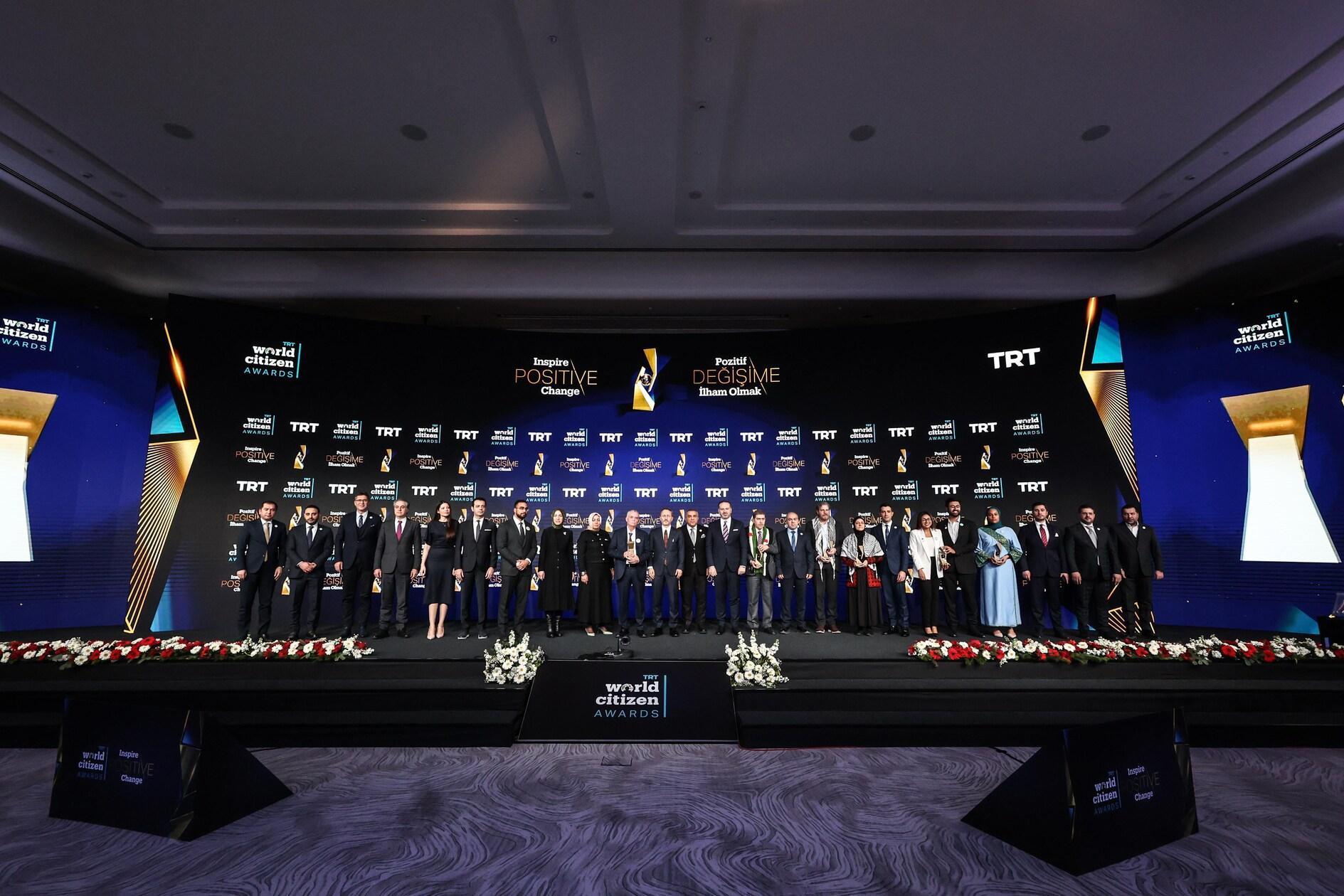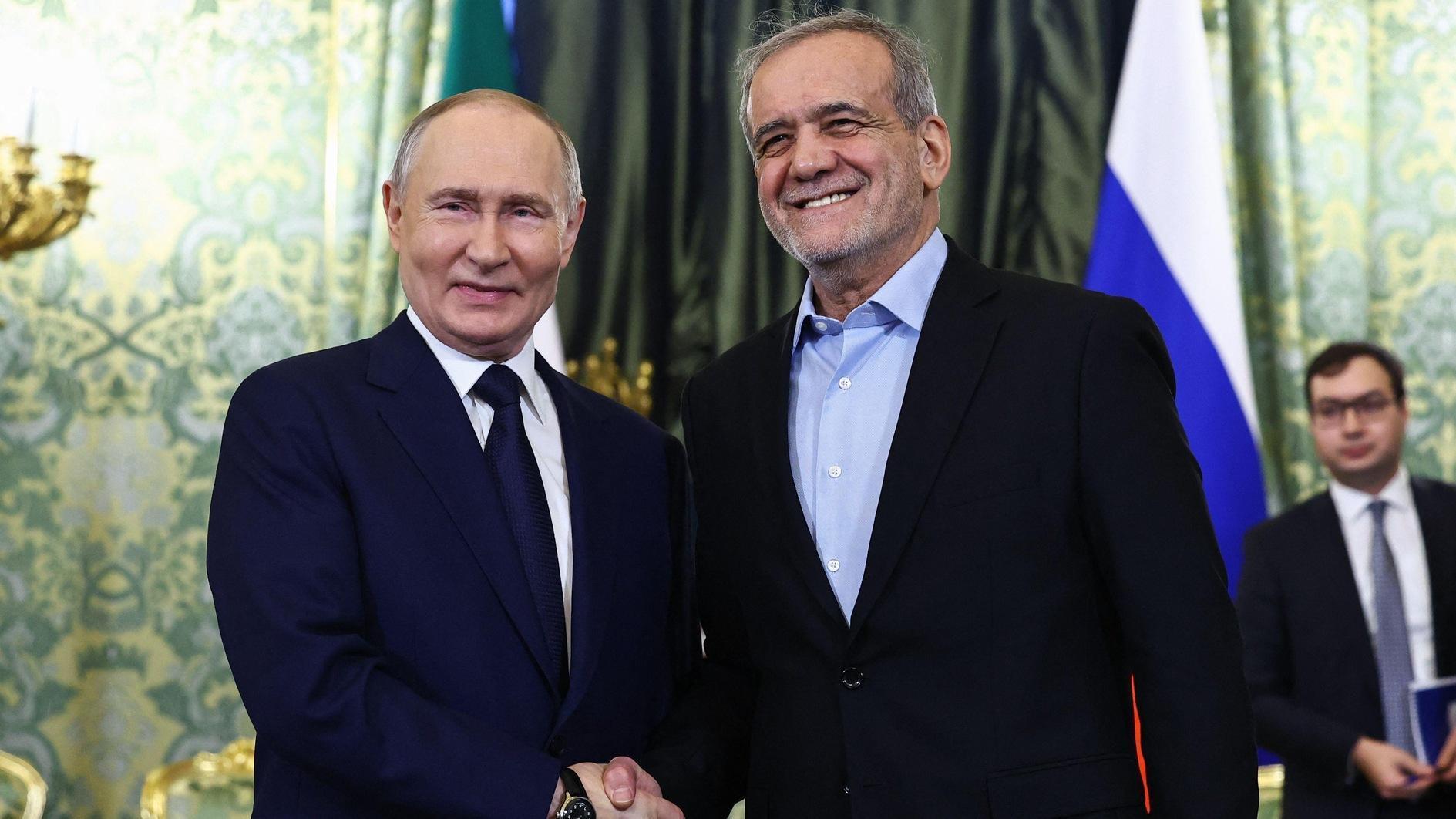On wobbly legs
M. J. AKBAR
If Barack Obama can blindside Israel on Iran, there is no reason why he should lose any sleep over India as he gifts strategic and financial rewards upon Pakistan for ensuring safe passage to American troops exiting Afghanistan.In September, Obama gave Dr Manmohan Singh a nice smile over a farewell meal. In October, Obama’s menu for Nawaz Sharif could give Delhi serious indigestion: Affirmation of strategic stability in South Asia, which equates Pakistan’s nuclear military capability with India’s, and could even lead to a nuclear deal with Islamabad if all goes well. Dr Singh described Pakistan as the “epicentre of terrorism” during his America visit. Obama didn’t hear that. Instead, he and Sharif, in their joint statement, told India to grow up and discuss Kashmir.
It is coincidental that I got a copy of Jaswant Singh’s perceptive and persuasive new book, India at Risk: Mistakes, Misconceptions and Misadventures of Security Policy, in the same week that Nawaz Sharif was in Washington, and Dr Singh in Beijing after stepping on a toe or two in Moscow.
Jaswant Singh, an officer and a gentleman, rarely loses his aim once his finger is on the trigger. India is at risk because it never developed a strategic culture. The mould was set by Jawaharlal Nehru, who fashioned policy out of a set of high-minded ideas that stopped short of becoming an ideology. He spurned reality when it interfered with his good intentions. He supported the creation of Pakistan only because he believed it would bring peace to the subcontinent.
The China story was more nuanced but equally damaging. Nehru abandoned Tibet in the hope that China would follow him into non-alignment, and confirm his status as peace messiah. When Mao Zedong’s China annexed Tibet in 1950, Nehru advised his ambassador in Beijing, K.M. Panikkar, that “India valued greatly relations with the People’s Republic”. Panikkar took the hint. Even the foreign ministry in Delhi thought he was kowtowing to China too often.
Sardar Patel, whose pragmatic realism enabled him to see the future more clearly, protested in a long letter. Patel described a telegram sent by Beijing as “an act of gross discourtesy not only in the summary way it disposes of our protest against the entry of Chinese forces into Tibet but also in the wild insinuation that our attitude is determined by foreign influences. It looks as though it is not a friend speaking in that language but a potential enemy”. But instead of a potential enemy Nehru saw a present friend who could patronised. The visionary in Nehru must have died a thousand deaths when, after 1962’s defeat in the Himalayas, he was forced to beg for American arms on American conditions (which included, as Obama knows all too well, the demand that India thin out its forces on the Pakistan frontier and resolve the Kashmir dispute).
We all desire peace. Only the insane want war. But peace demands strength. Independent India abandoned the British policy of surplus military capacity; Pakistan and China recognised its merits. Pakistan today has a far stronger arsenal of tactical nuclear weapons (which can be deployed on a battlefield, but which also become more vulnerable to terrorist heist) than India. China is building capability to match America in the Pacific. Until 1962, India virtually dismissed the armed forces as a luxury for a poor nation. Since then, recovery has been in fits and starts.
Strategic links between India, Pakistan, China, Russia and the USA have neither been static, nor driven on straight lines, for six decades. The big question at all times is obvious: Which country is the weak link? The strategic narrative is not a morality tale. Dualism is not deceit; every nation checks the strength of any relationship to see if it can be recalibrated. Modern India has developed this peculiar gene, which emasculates the Indian state in pursuit of some higher cause. Dr Singh has spent a decade offering peace to Islamabad. But you cannot shake hands on wobbly legs. The real world shrugs and makes other arrangements.











